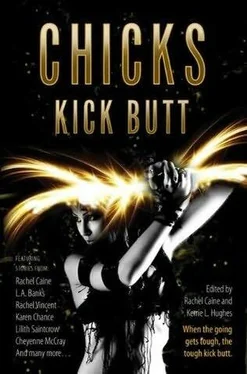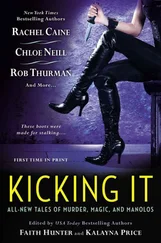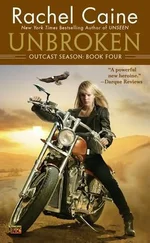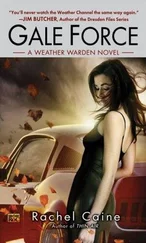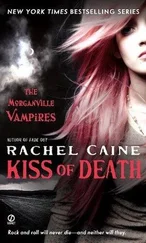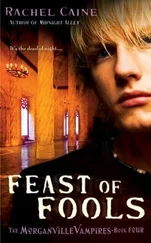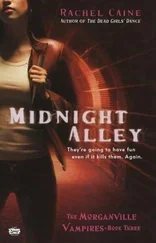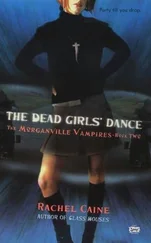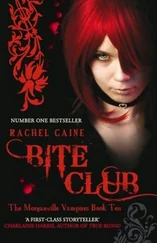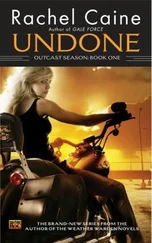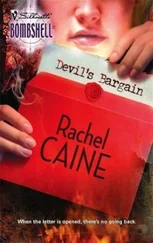Mist felt his assault in body and soul, and her fingers slipped on the grip of her knife. She staggered back, pulled it out, and rubbed the runes engraved with such painstaking care by Odhinn himself. Like Gungnir, the knife began to stretch, to broaden, to become what it was meant to be.
“My kitten will silence your boasts,” she said into the howling wind that beat against her. She lifted Kettlingr and took a step forward, body bent, legs tensed to leap. A great ice-rimed hand swung toward her like a mallet meant to crush and shatter.
She struck in turn, swinging Kettlingr upward as the hand descended. The jötunn howled. Hot black blood splattered over her as her rune-kissed blade sank into flesh.
Mist jumped back, ready for another attack. It never came. The vapor fell like a curtain in front of her, a writhing wall of white maggots sheathed in ice. She swung again, but her sword whistled through empty air. The vapor began to recede as quickly as it had come, crackling angrily and leaving a crystalline film on the grass.
Shaken, Mist let the battle-fever drain from muscle and nerve and bone. A cold sweat bathed her forehead and glued her shirt to her back.
This was no nightmare. A jötunn had returned from the dead, bringing with him an evil no child of Mist’s adopted city could imagine.
Wiping her moist hand on the leg of her jeans, Mist sang Kettlingr back to its former size and sheathed the knife. The shock was nearly gone, yet the sense of unreality remained. Where had Hrimgrimir come from? No jötunn could walk the earth unnoticed for long. If there was no Jötunheimr, where could such a creature have found refuge from the final battle? Had she been drawn to the park tonight because she had felt his presence? Why had he tried to kill her?
Because no giant can meet a servant of the Aesir without enmity . But it was more than that. He’d known who she was. He’d been waiting for her .
“You will tell me where it is before you die.”
Mist stared blindly at the trail of blackened grass Hrimgrimir had left in the wake of his retreat. All the assumptions she had made that morning crumbled like bones scoured by the relentless assault of time and nature. Odhinn had been right. The ancient evil had come for the Swaying One.
She fought off a wave of panic and forced herself to concentrate. Hrimgrimir had threatened her, but he’d given up and fled in the middle of the duel. And what use would a lone survivor, evil or not, have for Gungnir when there were no battles left to fight?
“You might have lived to see the new age.”
Whatever he’d meant, a “new age” didn’t sound like something one jötunn could create on his own.
Moving quickly, Mist followed the giant’s trail, her boots crunching on the frozen grass. The park was still silent save for the wind in the treetops and the distant roar of a motorcycle on Lincoln Way. The fine hairs on the back of her neck stood as rigid as a newly forged blade. She had gone only a few hundred feet when the track disappeared completely. No trace of the jötunn remained.
And yet, as she stood still and opened her senses to the unseen, the feeling of something out of place began to grow again. Something different this time. Something that froze her blood as surely as the jötunn’s cruel wind.
From her jacket pocket she withdrew the small piece of driftwood she always carried, though she had never thought to use it for such a purpose. She was a valkyrja, not a sorceress . The magic might fail, or even turn against her.
Still, she had to try. She unsheathed the knife, held the driftwood against the trunk of the nearest tree, and began to carve. The runes sizzled as she cut them into the wood: Ūruz , Thurisaz, Ansuz. As she completed the last, the wood twitched in her hand as if it were alive and seeking freedom.
She couldn’t grant it life, only fulfillment in the flames. She sheathed the knife, withdrew a lighter from her other pocket, and set fire to the driftwood.
In three breaths it was consumed. The runes, drawn in crimson strokes, hung disembodied in the air. Then they, too, faded, and Mist felt their power seep through her skin and pierce her heart.
Without hesitation she turned onto a narrow, dusty path that wandered among a dense grove of Monterey pines. Her search brought her to a heap of discarded clothing spread over the pine needles, half hidden under a clump of thick shrubbery.
Mist cursed. The magic had turned against her, mocking her meager skill. She’d wasted too much time already. She was about to leave when the pile of ragged garments heaved, and a hand, lean and pale, reached out from a tattered sleeve. She gripped her knife. A low groan emerged from the stinking mound. She smelled blood, plentiful but no longer fresh.
Against her better judgment, she knelt beside the man. She expected an indigent, perhaps injured by some thug who found beating up helpless vagrants a source of amusement. But the hand, encrusted with filth as it was, appeared unmarked by the daily struggle for food and shelter. It was long-fingered and elegant, more accustomed to lifting golden goblets of mead than sifting through rubbish in a Dumpster.
She started at the thought. Mead had been the most favored beverage of gods and heroes and elves. And dwarves, and giants, and all the others who had fought for the dark at Ragnarök.
But this one was no giant or dwarf. Hesitantly she touched then pulled aside the blankets. A tall, lean form emerged, dressed in shirt and trousers too short and wide for his body. He lay on his belly, legs sprawled, cheek pressed against the damp earth.
And his face …
Mist had seen its like countless times in Valhöll, laughing among the Aesir and the warriors, fairer to look upon than the sun. It had always been accepted that the most beautiful of all creatures were the ljólsálfar , the light-elves of Álfheimr, allies of the gods.
This man was not so beautiful. His face was a mask of gore and mud, one eye swollen shut and his nose broken. Yet his features could not be mistaken.
A jötunn had come to Midgard. Now one of the álfar had come as well, risen against all reason from the final death. It couldn’t be coincidence.
Mist touched the álfr’s shoulder. “Can you hear me?” she asked in the Old Tongue.
The elf stirred, his fingers digging into the soil. He made a sound that might have been a word, rough and raw. Mist had no water to give him, no spell to ease his pain. Álfar healed quickly; she had no choice but to let nature take its course.
“Who…,” he croaked, opening his one good eye. “How…”
“Be easy, my friend.” She removed her jacket and laid it over him. “You’re safe.”
The eye, bright blue amid the red and brown of blood and dirt, regarded her with growing comprehension. “Safe?” he whispered. With a sudden jerk he rolled to his side, pushing her jacket away. “The jötunn…”
“There is no jötunn here,” she said, pushing him down again. “Lie still, jarl of the álfar. All is well.”
The sound he made might have been a laugh. He lifted himself on one arm and looked into her face. “Who … are you?”
Mist hesitated. She had never been afraid to use her real name among men, for there had been no one left to recognize her for what she was. Now things were different. The laws of Midgard—the natural, mundane laws that had ruled her for centuries—had been broken.
But he was of the ljölsálfar, who had fought alongside the gods at Ragnarök. And he might have the answers she desperately needed.
Читать дальше
